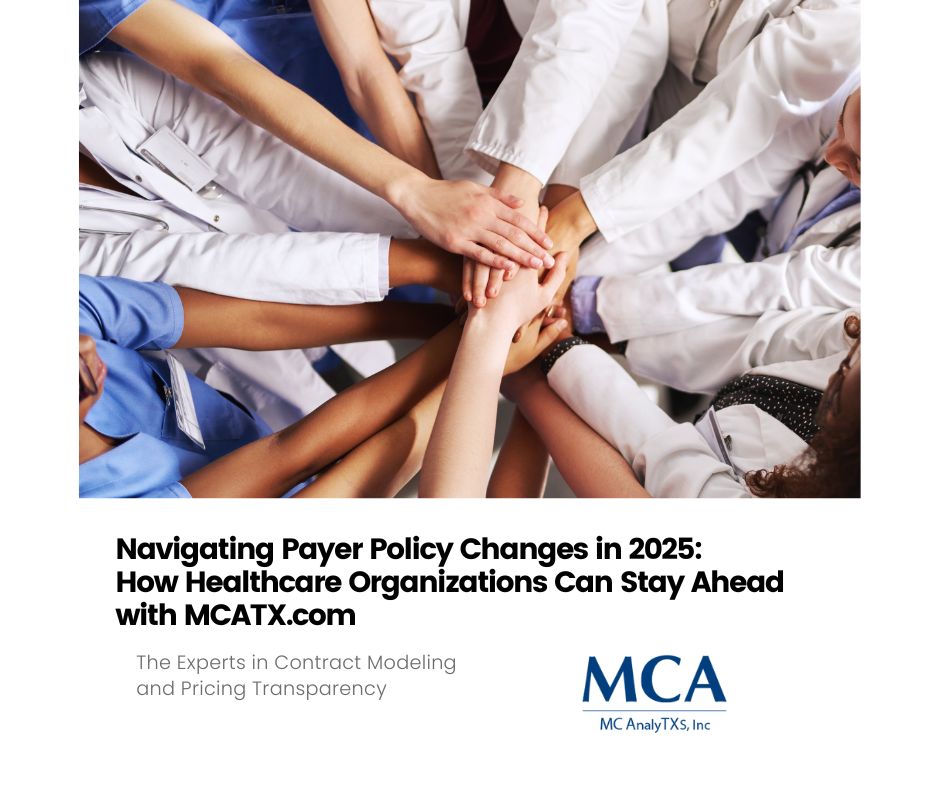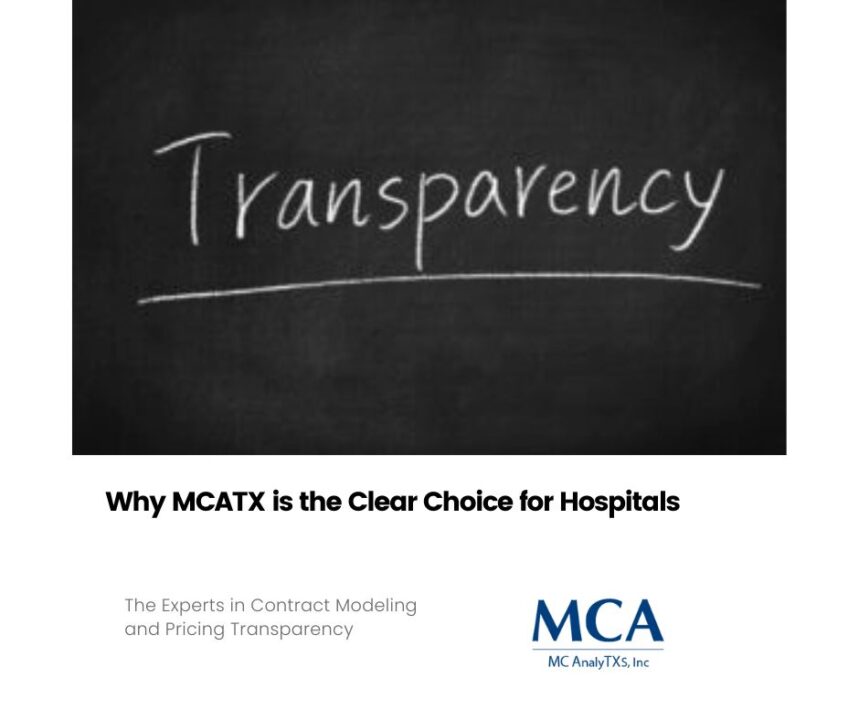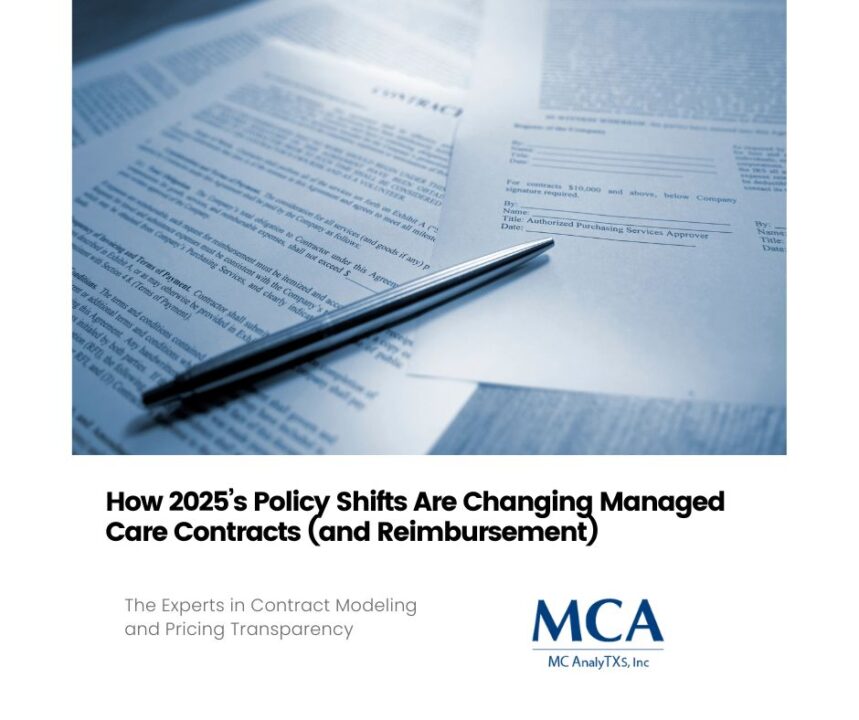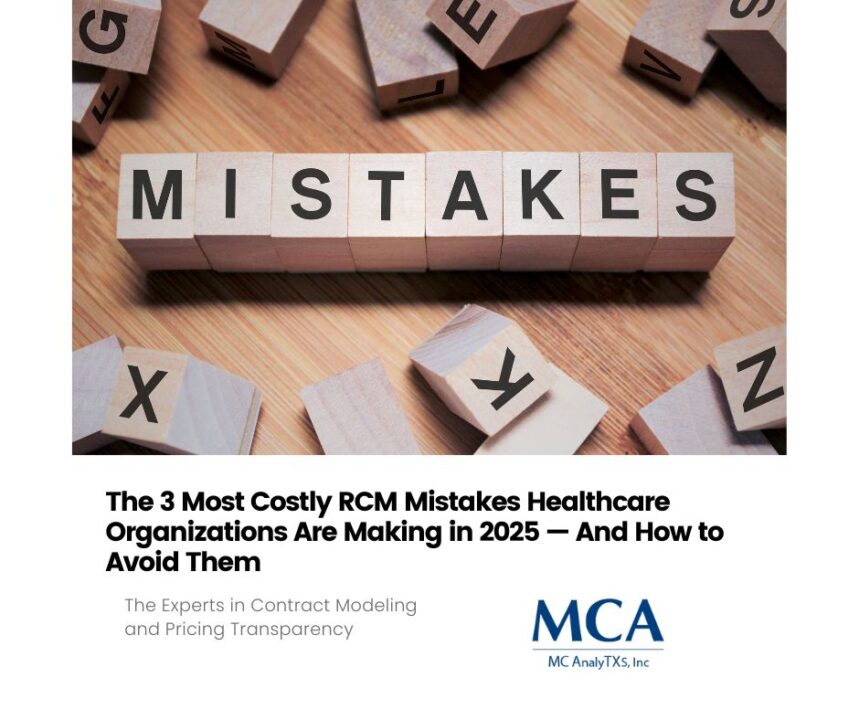

Navigating Payer Policy Changes in 2025: How Healthcare Organizations Can Stay Ahead with MCATX.com
The healthcare landscape is evolving at breakneck speed, and in 2025, one of the biggest disruptors is the wave of payer policy changes sweeping across the nation. From updated reimbursement rules and stricter prior authorization requirements to increased scrutiny on documentation and billing accuracy, healthcare providers face a perfect storm of regulatory shifts that directly impact revenue cycle performance. Organizations that fail to adapt quickly risk delayed payments, increased denials, and a shrinking bottom line.
In this article, we unpack the most significant payer policy changes affecting revenue cycle management (RCM) in 2025—and explore how MCATX.com is helping healthcare organizations not only navigate these challenges but come out ahead.
The State of Payer Policy in 2025
Several key developments have reshaped the payer-provider dynamic this year:
1. Prior Authorization Gets More Complex
Many commercial payers and Medicare Advantage plans have introduced more stringent prior authorization processes. While some have adopted electronic prior authorization (ePA) tools, the lack of standardization creates bottlenecks. Turnaround times are longer, and approval rates have decreased, leading to more patient dissatisfaction and increased administrative burden.
2. Documentation Requirements Intensify
Insurers are demanding more detailed and accurate documentation to support medical necessity, particularly for high-cost procedures and chronic care management. This has increased claim rejection rates and necessitated tighter collaboration between clinical and billing teams.
3. Policy Shifts in Telehealth and Remote Services
Temporary waivers granted during the pandemic have been rolled back, and payers are enforcing stricter criteria for reimbursing virtual services. Providers must now navigate a patchwork of rules regarding originating sites, provider types, and service frequency.
4. Risk-Based Contracting and Value-Based Care
With the growing emphasis on value-based care models, payers are shifting reimbursement from fee-for-service to outcome-based contracts. These arrangements require new data reporting mechanisms, patient engagement strategies, and predictive analytics.
5. Increased Focus on Social Determinants of Health (SDoH)
Payers are incorporating SDoH metrics into payment models, demanding that providers screen for and document factors like housing instability, food insecurity, and transportation access.
The Revenue Impact of Policy Shifts
These changes collectively challenge the financial viability of healthcare organizations. Denials are up. Payment timelines are slower. Revenue leakage is more pronounced. And the administrative workload on internal billing teams has reached a tipping point.
Organizations need a smarter, more proactive way to stay compliant, efficient, and profitable.
Enter MCATX.com: The RCM Partner Built for Change
MCATX.com has positioned itself as a strategic ally for healthcare providers facing the evolving RCM terrain. Here’s how MCATX.com is mitigating the impact of payer policy changes in 2025:
1. Real-Time Payer Policy Monitoring
Our proprietary system continuously tracks and updates payer rules across all major commercial and government insurers. This ensures that coding, documentation, and billing practices are always aligned with the latest requirements—eliminating guesswork and minimizing denials.
2. Advanced Denial Management and Prevention
MCATX.com identifies high-risk claims before submission. Our denial management engine flags missing documentation, improper codes, and authorization gaps so that they can be corrected preemptively.
3. Integrated Prior Authorization Workflows
Our platform integrates with payer ePA portals and automates much of the prior authorization process. This reduces staff time, speeds up approvals, and improves patient access to care without delays.
4. Compliance-First Documentation Support
We work closely with clinical teams to align medical documentation with payer expectations. Our documentation review tools highlight areas that need clarification or enhancement, making audits less stressful and more successful.
5. Telehealth Coding Optimization
MCATX.com helps providers navigate the maze of telehealth billing rules, ensuring that virtual visits are billed compliantly and reimbursed appropriately. We also offer consulting to update telehealth workflows for efficiency and compliance.
6. Value-Based Care Enablement
Through our analytics dashboards and outcomes tracking, we empower providers to succeed in value-based care arrangements. MCATX.com supports quality metric reporting, risk adjustment coding, and population health analytics—all critical components of modern RCM.
7. Education and Advisory Services
We believe that informed providers are empowered providers. That’s why MCATX.com offers payer-specific webinars, coding updates, and one-on-one advisory sessions to keep your team sharp and aligned.
Real Results, Real Impact
MCATX.com clients report:
- A 22% reduction in denial rates within the first 90 days
- A 15% improvement in average days in A/R
- 30% faster prior authorization turnaround times
- Increased staff satisfaction due to reduced manual workloads
These are not just metrics—they’re the difference between surviving and thriving in a fast-changing payer landscape.
Conclusion: Adapt or Fall Behind
Payer policy changes in 2025 are not just administrative hurdles—they are strategic challenges that demand a proactive, tech-enabled response. Healthcare organizations that want to stay competitive must evolve their RCM processes to be more agile, data-driven, and payer-aware.
MCATX.com stands at the forefront of that evolution, offering the tools, insights, and support healthcare providers need to maintain compliance, maximize reimbursement, and future-proof their revenue cycle.
If you’re ready to navigate the future of payer policy with confidence, visit MCATX.com and discover how we can help you transform your RCM from reactive to resilient.





